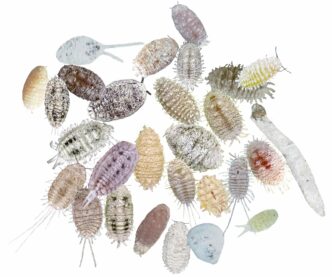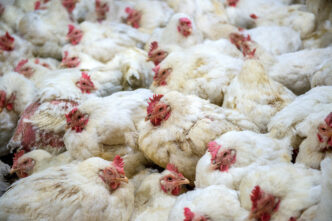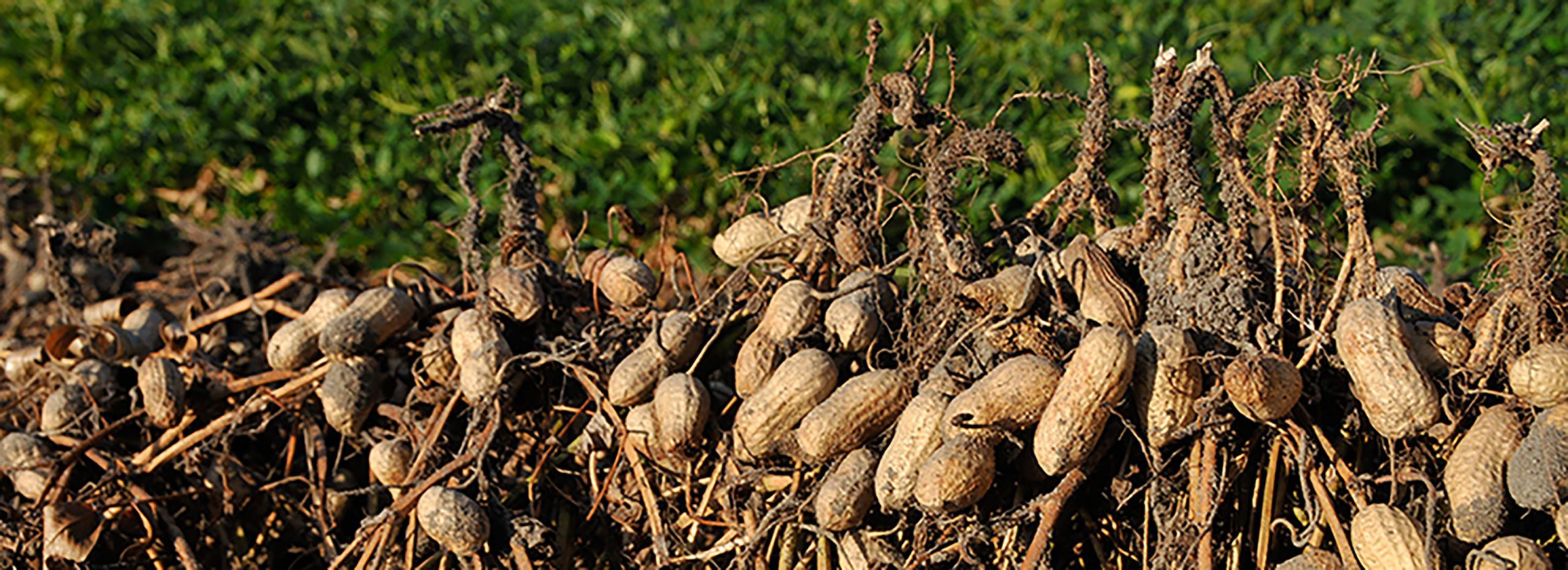CLEMSON – Clemson University researchers have found kale grown following organic cover crops has more nutrients and produces higher yields.

Results of this study could prove profitable for South Carolina farmers as organic farming becomes more popular in the United States in response to consumer preferences.
The researchers, led by Clemson associate professor of pulse quality and nutrition Dil Thavarajah, are collaborating with Washington State University researchers and Rebeca McGee of the United States Department of Agriculture’s Agricultural Research Service.
“We wanted to conduct this study because, as far as we know, no studies have been done to understand the influence of organic cover crops on kale production and nutritional quality,” Thavarajah said. “We wanted to determine how different organic cover cropping systems affect kale biomass production and nutrient composition.”
The study, funded by the S.C. Department of Agriculture through the USDA Agricultural Marketing Service’s specialty crop block grant program, involves planting faba bean, winter field pea, hairy vetch, crimson clover and ryegrass as fall cover crops.
The researchers found kale following a faba bean cover crop was higher in minerals, protiens and carbohydrates. Kale biomass production was found to increase following a ryegrass cover crop and kale following an organic cover crop was moderate in protein, essential minerals and prebiotic carbohydrates.
Organic farming is worth about $29 billion annually and is growing as a result of human health concerns. South Carolina has seen an increase of more than 200 percent in the number of certified organic farms since 2011. W.P. Rawl and Sons in Pelion is one farm where organic kale is grown.
Ben DuBard, organic farm manager for W.P. Rawl and Sons, said kale is easy to grow, although some costs are involved.
“The preparation for growing kale is the same as for any other crop,” DuBard said. “Kale does require more nitrogen, so the costs of fertilizing it are a little higher than for other crops.”
Other costs associated with growing kale include labor and treating for pests and diseases, such as cabbageworms, flea beetles, aphids and black rot.
Organic kale and other organic produce are popular among consumers concerned with the nutritional quality and chemical safety of foods.
“Kale has become a popular produce for people to buy because it is one of the most nutrient-dense foods we have,” Thavarajah said. “It is loaded with antioxidants and is an excellent source of several vitamins and minerals.”
Kale originated in the eastern Mediterranean and Asia Minor, where it was cultivated for food beginning around 2000 B.C. It is one of the oldest leafy brassica vegetables. The Centers for Disease Control and Prevention ranks kale 15 on its list of 41 Powerhouse Fruits and Vegetables.
-END-
This study is supported by the South Carolina Department of Agriculture and the USDA-ARS Grant No. USDA-AMS-SCBGP-2016 dedicated to improving the South Carolina agriculture system. The content is solely the responsibility of the authors and does not necessarily represent the official views of the South Carolina Department of Agriculture nor the USDA-ARS.






